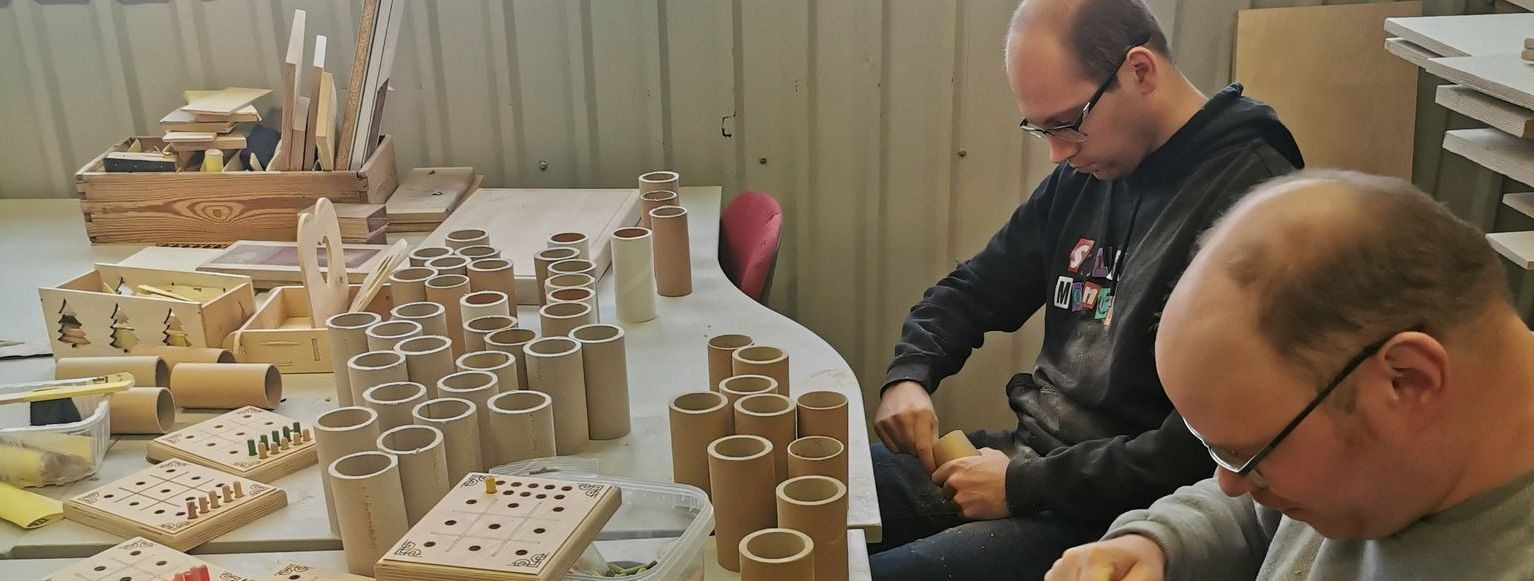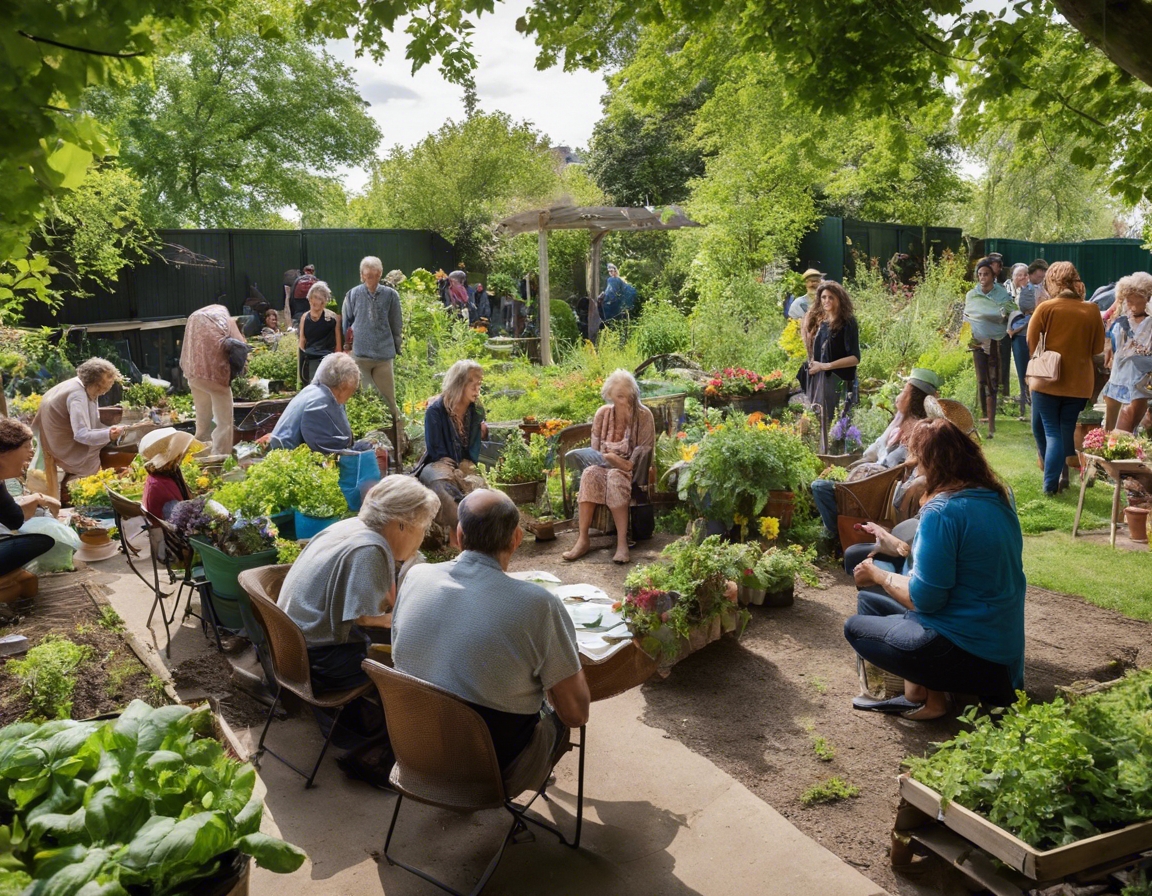The importance of community living for mental health recovery
Mental health recovery is a unique and personal journey that involves much more than the alleviation of symptoms. It encompasses a holistic approach to improving an individual's well-being, enabling them to lead a fulfilling life despite the challenges of mental illness. Recovery is often seen as a process of change through which individuals improve their health and wellness, live a self-directed life, and strive to reach their full potential.
Community plays a pivotal role in the mental health recovery process. It provides a supportive network and a sense of belonging that can significantly impact an individual's ability to cope with mental health challenges. The community offers a platform for social interaction, shared experiences, and mutual support, all of which are crucial for fostering resilience and promoting recovery.
Benefits of Community Living for Mental Health Recovery
One of the core benefits of community living is the availability of support systems. Peer support, in particular, is invaluable as it allows individuals to connect with others who have lived through similar experiences. This connection can lead to a deeper understanding, acceptance, and practical strategies for managing mental health.
Community living often provides structured routines that contribute to stability in a person's life. Regular activities and a predictable environment can help reduce stress and anxiety, which are common triggers for mental health issues.
Being part of a community ensures easier access to various resources and services that are essential for recovery. These may include healthcare services, counseling, employment assistance, and educational opportunities.
Social interaction is a fundamental human need and is particularly important for individuals recovering from mental illness. Community living provides numerous opportunities for socializing, which can help reduce feelings of isolation and loneliness.
Community environments that encourage participation and decision-making can empower individuals, enhancing their self-efficacy and confidence. This empowerment is a key factor in the recovery process, as it enables individuals to take control of their lives and make positive changes.
Elements of a Supportive Community Environment
For a community to be conducive to mental health recovery, it must provide safe and inclusive spaces that respect individual differences and promote a sense of security.
Active participation in community life allows individuals to contribute their skills and talents, which can enhance their sense of purpose and self-worth.
A collaborative approach to care, involving healthcare professionals, community members, and the individual, ensures that recovery plans are comprehensive and tailored to the person's needs.
Communities that focus on holistic well-being address not just the psychological aspects of recovery but also the physical, social, and spiritual dimensions, providing a well-rounded support system.
Challenges and Considerations in Community Living
Stigma remains a significant barrier to recovery, as it can lead to discrimination and social exclusion. Overcoming stigma requires education and awareness-raising within the community.
Each individual's recovery journey is different, necessitating personalized care plans that take into account their unique needs and circumstances.
Ensuring continuity of care and providing long-term support are essential for sustaining mental health recovery and preventing relapse.
Integrating Community Living into Recovery Plans
Effective recovery plans begin with a thorough assessment of the individual's needs, followed by the creation of a personalized plan that integrates community living as a key component.
Building a robust network of support within the community can provide the necessary resources and encouragement for individuals on their recovery journey.
Regular monitoring of an individual's progress is crucial for adapting recovery strategies and ensuring that they remain effective over time.






Comments (0)